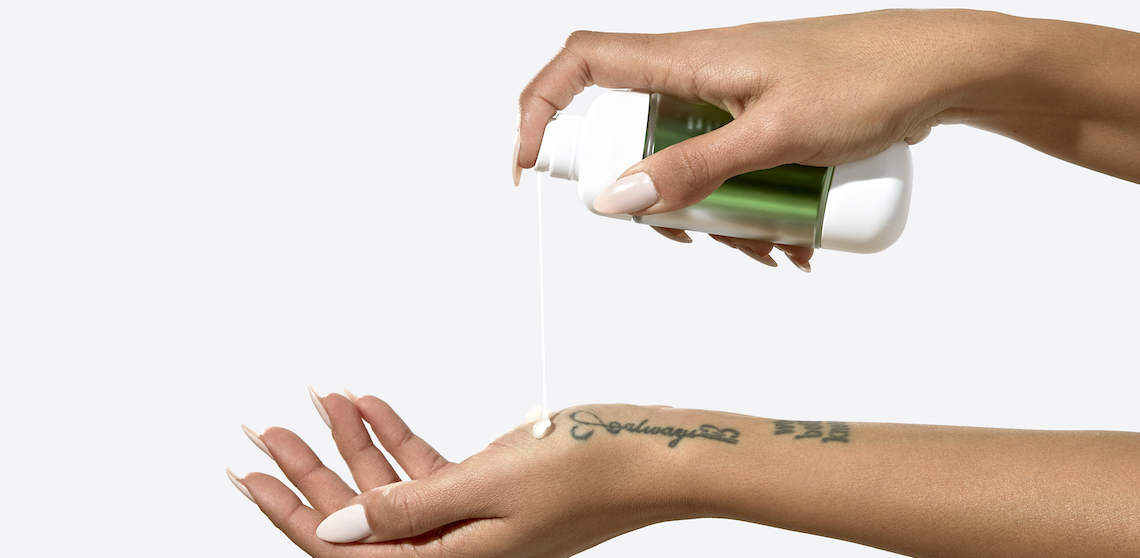Oddity, the parent company of DTC makeup brand Il Makiage, has given birth to a SpoiledChild.
Launched on Wednesday, the brand SpoiledChild offers anti-aging skin and hair products, with an initial launch of 17 products that include hair and skin serums. For now, the brand is only available in the U.S. through SpoiledChild.com and products sell for $45-$95. SpoiledChild’s parent company, Oddity, recently secured a $130 million secondary-market private round at a valuation of $1.5 billion. At the time, Oran Holtzman, CEO and co-founder of Oddity, said Oddity plans to launch a new brand every 18 months. SpoiledChild and Il Makiage operate separately, aside from sharing backend teams and technology.
“With anti-aging, we saw a pain point of consumers not knowing what they need. We started developing the skin side of SpoiledChild, and then we also found a similar pain point when it comes to hair,” said Holtzman.
SpoiledChild aims to set itself apart from other brands by offering products for a wider range of customers, namely 25- to 55-years-olds. Laura Sluyter, co-gm for SpoiledChild, said most brands offer an either-or selection when it comes to prevention, versus treatment and maintenance.
SpoiledChild uses an AI algorithm it calls SpoiledBrain, which crunched over 250,000 data points gathered from focus groups and sister-brand Il Makiage to formulate products and provide recommendations to customers. Customers can go through a two-minute questionnaire to be matched with one primary product and up to three additional products. SpoiledChild features a patented refillable package design, with auto-refills available to customers who can then send back their capsule containers.
While the name SpoiledChild may conjure up the characters of Veruca Salt or Dudley Dursley, the purpose behind the name is to positively challenge the notion and our understanding of aging, according to the brand. At launch, a $10 million advertising campaign consists of subway takeovers, billboards and wild postings in New York City, Los Angeles and San Francisco. Ad copy irreverently states “Your routine in getting old” near subway entrances and “Getting old is getting old” on billboards. The tagline is, “Stay immature. Intelligent skin & hair products that refuse to take aging seriously.” Notably, the brand has not employed models in any of its imagery and instead focuses solely on the products’ capsule-like packaging.
“This brand was set up from the beginning to disrupt,” said Andrea Gustafson, creative director at SpoiledChild. “There have been some [major] cultural shifts over the last few years that are not being addressed by any legacy brands, namely that younger consumers are interested in [anti-aging], too. But a wide range of people wants to have this aging conversation differently.”
Ad position: web_incontent_pos1
Gustafson’s assessment rings true when considering other indie brands on the market, as well as the changes to the cultural narrative of aging. For example, the menopause space has seen an abundance of interest as a place to disrupt the idea of aging, because, contrary to popular belief, women are not as good as dead by the time they reach 50-years-old. And brands like Tula or the beauty publication Allure magazine have opted to change the structure of how they talk about aging, either by using the term “pro-aging” or by outright banning anti-aging language. Gustafson said that SpoiledChild is trying to introduce the term “age control” into the conversation as a way to frame the topic in a modern way.
“[‘Anti-‘ terminology] doesn’t work for a generation that is pro-future. They’re excited about the future. It doesn’t resonate with them to be ‘anti’ anything,” she said.
But it remains a fine balancing act. SpoiledChild is competing with and poking at brands that boast of their serious academic and scientific credentials, even though it’s artificial intelligence that underpins the SpoiledChild formulations and personalization. And with customers conditioned to think of anti-aging products as a Maginot Line against mortality itself, SpoiledChild is ironically also telling them to not take life so seriously. The products can be serious but without all the austere branding. Only time will tell whether customers agree.


